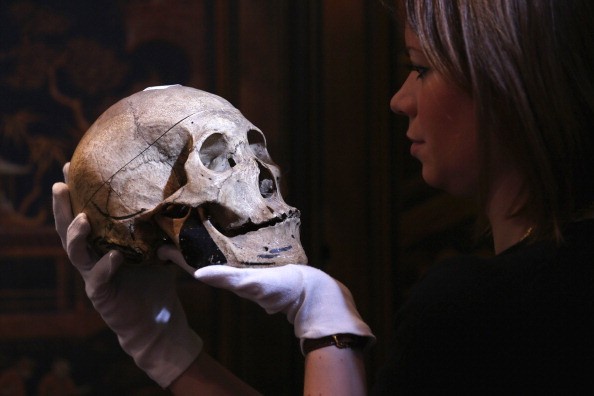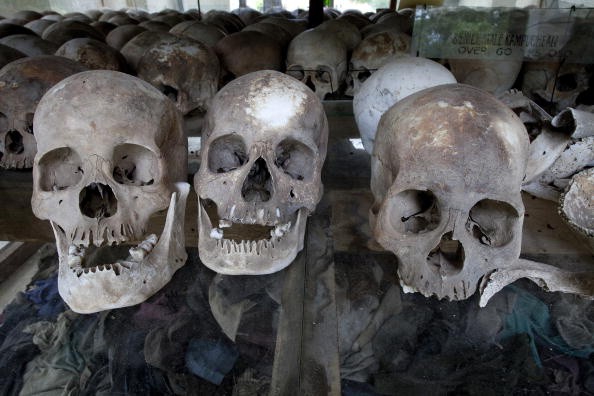The skull of an ancient human found in northeastern China may belong to a past unidentified human species that researchers have named "Dragon Man" or Homo longi, three new studies report.

The Dragon Man
The well-preserved skull of the dragon man is the largest Homo skull on record. An analysis of the cranium showed that Dragon man might be the closest-known species related to Homo sapiens, even closer than Neanderthals, who were long believed to be our closest relation, the study discovered.
Chris Stringer, the study co-researcher and also a research leader at the Center for Human Evolution Research at the Natural History Museum in London, told Live Science in an email: "I was shocked by the resulting phylogeny [family-tree analysis] connecting it to H. sapiens instead of H. neanderthalensis, but our conclusions have to do with the analysis of large amounts of data."
However, this interpretation is arguable; it is likely that this skull belongs to the strange Denisovan human lineage, three scientists specializing in human evolution told Live Science.
History of the Dragon Man's Skull
The Dragon man's skull history is worthy of an Indiana Jones movie. In 1933, a Chinese man reportedly found it in Harbin City, in Heilongjiang, China's northernmost province.
However, the man (kept unnamed by his family) was working as a labor contractor for the Japanese invaders, and decided not to turn over the skull to his Japanese boss. Rather, "he buried it in an abandoned well, a traditional Chinese method of hiding treasures," the scientists wrote in the study.
The skull stayed there for 85 years, surviving the civil war, the Cultural Revolution, the communist movement, the Japanese invasion, the researchers said. Before the man passed on, he told his family, who retrieved the fossil in 2018 and later gave it to the Geoscience Museum of Hebei GEO University.

Features the Dragon Man Possess
The research team had never sighted a skull like this before. Stringer said his head was very big- containing a large brain - with a long, low shape and huge brow ridge over the eyes. His face, jaws, and nose were very large, and he possessed big eyes.
But his face was low in height, with cheekbones that are delicate, and it was placed back under the braincase, as in a modern human. The scientists discovered slight depressions on the top of the head of the Dragon man that might be healed injuries, "but we have no proof of the cause of death," Stringer said.
Further analysis discovered that the skull likely belonged to a male individual who passed on at about age 50. An analysis of the skull showed "typical archaic human characteristics," but also found "a mosaic combination of derived and primitive characters setting itself apart from all the other formerly-named Homo species," said Qiang Ji, study co-researcher and also a professor of paleontology of Hebei GEO University in a statement.
Related Article : Human's Strange Cousin Lived More Recently Than Scientists Believed
For more news, updates about human species and similar topics don't forget to follow Nature World News!
© 2025 NatureWorldNews.com All rights reserved. Do not reproduce without permission.





